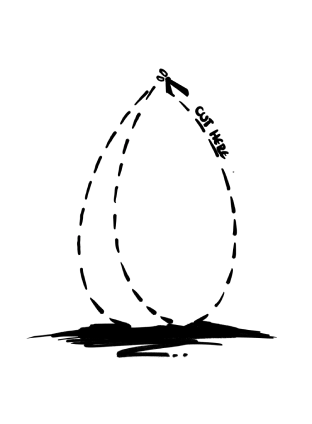The U.S. House of Representatives on Wednesday approved a bipartisan pair of psychedelics research amendments, as well as another measure requiring a military study into marijuana-related enforcement discrimination in the armed services.
The day after nine drug policy amendments to the National Defense Authorization Act (NDAA) were made in order for floor consideration by the House Rules Committee, the chamber voted favorably on an initial package of measures grouped together, including those that contains language requiring research into the therapeutic potential of substances like psilocybin, MDMA and ibogaine in addition to the cannabis proposal. Approval came on a voice vote.
House debate and votes on the remaining marijuana amendments cleared for floor action will be a multi-day process, but the three that have cleared the chamber so far as part of an en bloc group are especially unique.
Rep. Dan Crenshaw’s (R-TX) amendment would allow the secretary of defense to approve grants for research into the therapeutic potential of certain psychedelics such as MDMA, psilocybin, ibogaine and 5–MeO–DMT for active duty military members with PTSD.
Notably, an earlier, identical version of the was not made in order for the floor as part of last year’s NDAA, signaling that attitudes toward psychedelics have shifted in Congress over recent months.
The congressman said on the floor on Wednesday that “we need new ideas because it seems we are losing the battle with veteran suicide.”
“For our active duty service members, the situation is even worse, as they are precluded from even trying treatments such as psychedelics that could save their lives and bring hope to their families. I aim the change that,” he said. “All I’m asking is that we give our service members the ability to access this treatment instead of forcing them to travel abroad to psychedelic clinics to save their own life.”
—
Marijuana Moment is tracking more than 1,500 cannabis, psychedelics and drug policy bills in state legislatures and Congress this year. Patreon supporters pledging at least $25/month get access to our interactive maps, charts and hearing calendar so they don’t miss any developments.
Another amendment approved by the House on Wednesday is being sponsored by Rep. Alexandria Ocasio-Cortez (D-NY). It would build an a committee-approved provision that was already attached to NDAA from Rep. Seth Moulton (D-MA), directing a study into the therapeutic potential of marijuana as an opioid alternative to treat service members diagnosed with post-traumatic stress disorder (PTSD), traumatic brain injuries and severe pain.
Ocasio-Cortez’s amendment would expand that proposal to include psilocybin and MDMA in the DOD-led study.
Rep. Matt Gaetz (R-FL) also filed an identical amendment to the congresswoman’s, but it was not made in order in Rules. He said at the panel’s meeting on Tuesday that he didn’t care which version made it through to the floor, while still noting that he’d invited Ocasio-Cortez to cosponsor his amendment without hearing back from her.
The House on Wednesday also passed a measure from Rep. Rashida Tlaib (D-MI) that would require DOD to study the “historically discriminatory manner in which laws related to marijuana offenses have been enforced, the potential for the continued discriminatory application of the law (whether intentional or unintentional), and recommendations for actions that can be taken to minimize the risk of such discrimination.”
The vote on the first en bloc package kicks off what’s expected to be a lengthy floor process to finalize the House version of NDAA.
Other NDAA amendments that will be debated and receive votes address policies such as VA home loan benefits for veterans who use medical cannabis, allowing VA doctors to fill out recommendations for medical marijuana, protecting banks that works with state-legal cannabis businesses and more.
Also on Wednesday, a bipartisan group of lawmakers separately filed an amendment to an appropriations minibus that would block VA from preventing military veterans from using medical cannabis while allowing its doctors to fill out recommendations for patients who want to participate in state programs.
Meanwhile, a bipartisan bill to provide military veterans with access to medical marijuana was reintroduced in Congress last month, with Reps. Earl Blumenauer (D-OR) and Rep. Brian Mast (R-FL) as the chief sponsors.
The reform, which is identical to committee-approved versions from past years and also cosponsored by Cannabis Caucus co-chair Rep. Dave Joyce (R-OH), was previously pursued through the appropriations process as an amendment.
Marijuana Moment is made possible with support from readers. If you rely on our cannabis advocacy journalism to stay informed, please consider a monthly Patreon pledge.
Source: Marijuana Moment

